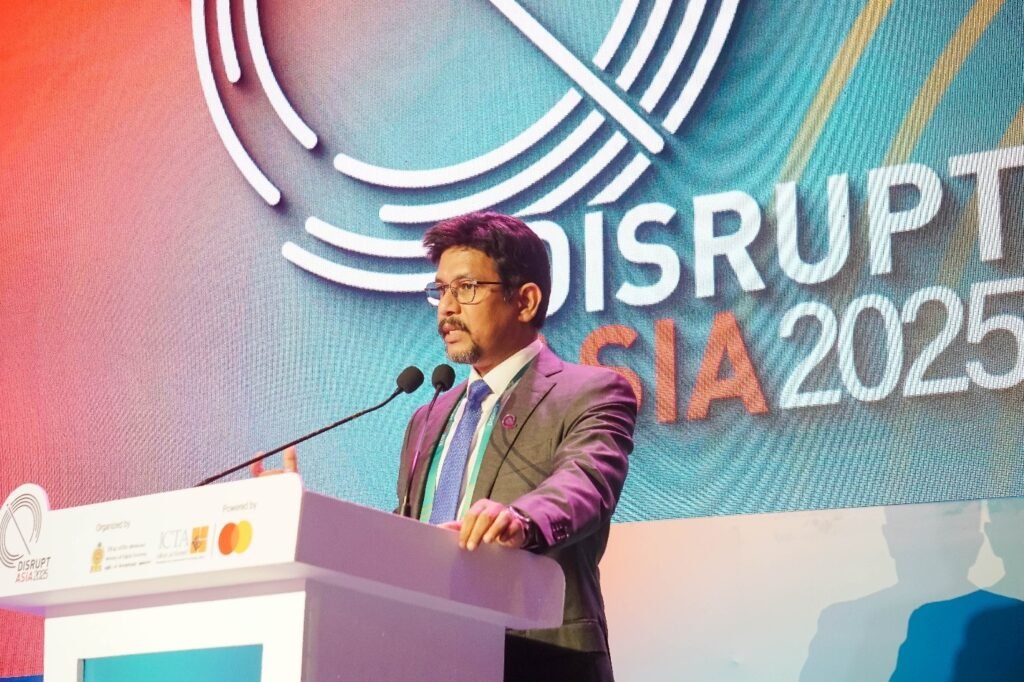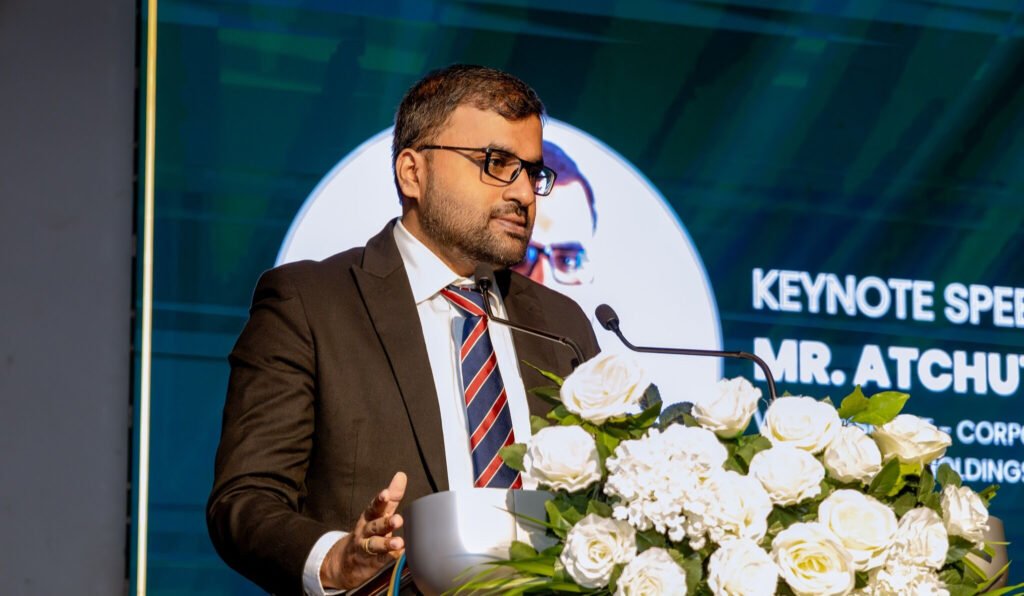For decades, the children of Regional Plantation Companies (RPC) estates in Sri Lanka have faced significant socio-economic challenges in accessing quality education. However, a growing network of scholarships and education grants is now steadily transforming these communities. Across multiple plantations, various educational assistance programs have resulted in a new generation of university graduates, many of whom are the first in their families to achieve higher education.
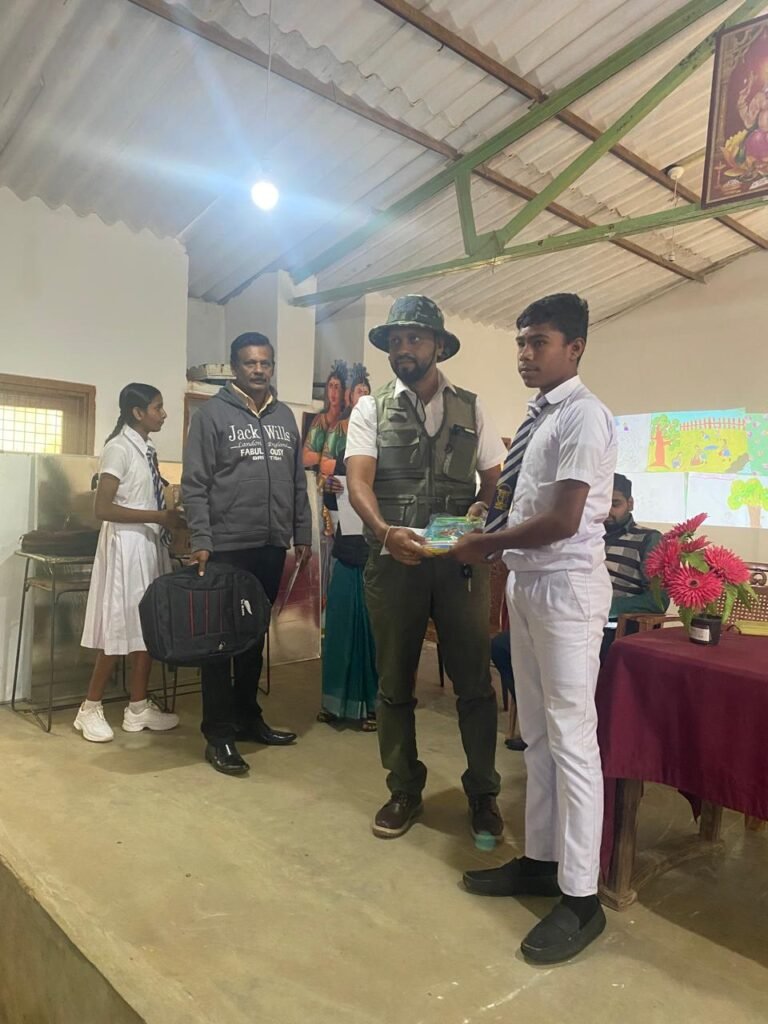
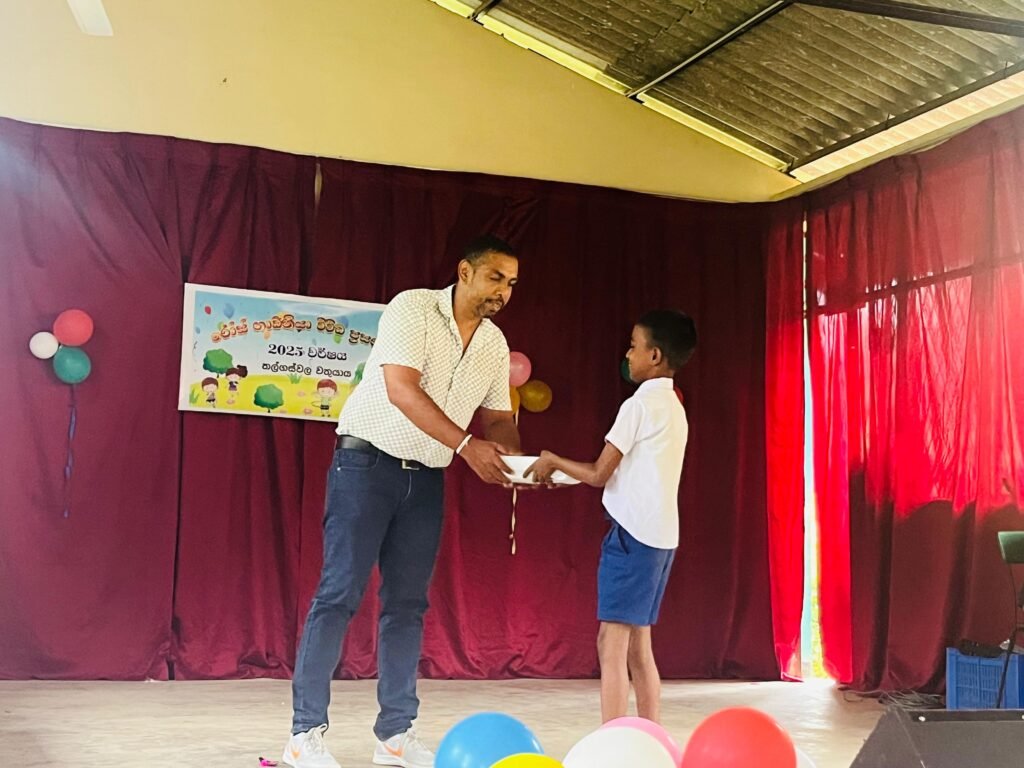

The Expanding Reach of Scholarships
The breadth and scale of scholarship programs across RPC plantations are both inspiring and impactful. From primary school scholarships to university grants, hundreds of children are receiving much-needed financial support.
At Agarapatana Plantations PLC, 19 students currently benefit from scholarships that cover a range of educational stages. These include the Grade 5 Scholarship fund, the Dalada Fund, Mahapola bursaries of Rs. 5,000 per month and additional bursaries of Rs. 4,000 monthly. Similarly, at Kahagalla Estate under Agarapatana, four university students receive annual grants of Rs. 60,000 each, while Pitaratmalie Estate supports a Sri Jayawardenapura University student with a Mahapola bursary.
Non Pareil Estate in Belihuloya, under Balangoda Plantations PLC, extends its fullest support to children who face personal tragedies. One student, whose father who was an estate driver, tragically passed away in a vehicle accident, receives an annual grant of Rs. 120,000 to continue school education.
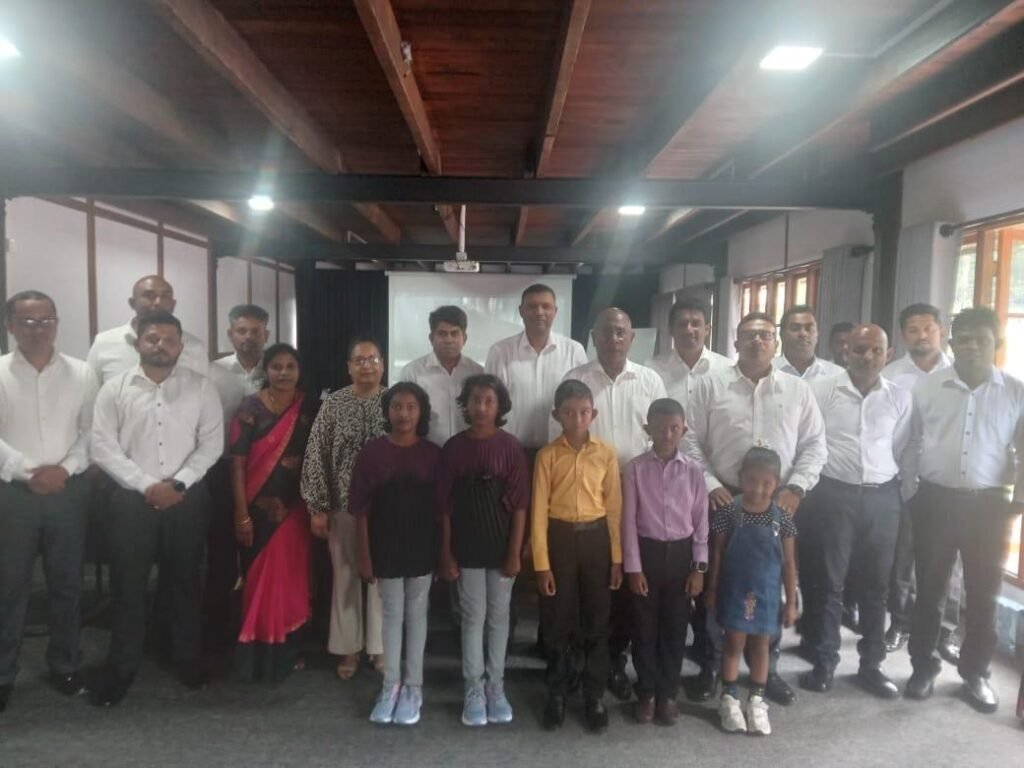
In Bogawantalawa, 12 students from institutions including the University of Jaffna, Wayamba University, University of Peradeniya and University of Ruhuna benefit from scholarships that recognize both merit and need. Elpitiya Plantations’ MJF Educational Assistance Programme has also made a substantial impact, with 100 university students and 80 Advanced Level students supported at a total cost exceeding LKR 12.4 million. Over the years, Elpitiya Plantations has periodically increased its scholarship grants, with university student grants rising from Rs. 1,000 in 2008 to Rs. 7,500 by 2024.
Talawakelle Tea Estates PLC, through the Merril J. Fernando Charitable Foundation, coordinates scholarships for 33 students, with the highest grant reaching Rs. 360,000. These funds were significantly increased in 2024 to meet students’ needs. Meanwhile, Watawala Plantations PLC supports 24 students pursuing Advanced Levels and university studies, with grants reaching up to Rs. 18,000 per student annually.
At Kahawatte Plantations, four students are pursuing degrees including Project Management at the University of Vavuniya and Agricultural Resource Management and Arts. The total grants awarded to these students range from Rs. 96,000 to Rs. 360,000 each, demonstrating the scale of support available to them. In Kegalle Plantations, 11 university students receive annual grants of Rs. 18,000 each, while Kelani Valley Plantations supports 22 students across Ordinary Level, Advanced Level, university level and Grade 5 education, with maximum grants of Rs. 24,000 per student. Maskeliya Plantations offers scholarships to nine university students, each receiving LKR 24,000, while Namunukula Plantations supports 20 students, with the highest scholarship amounting to Rs. 36,000.
Stories of Hope of First-Generation Achievers
Perhaps the most profound aspect of these programs is the emergence of first-generation university students, who also serve as role models for their communities. Hatton Plantations’ university scholarship program supports 12 students, each receiving Rs. 24,000 annually. Remarkably, all of them are first-generation university entrants.
Among them is Kumar Navaneethapriya of Carolina Estate. Currently studying Biosystem Technology at the University of Jaffna, Navaneethapriya is only the second student from the Trafelgard Division of Carolina Estate to enter university. Speaking about her journey, Navaneethapriya shared “My parents, both employees of Hatton Plantations PLC, have always supported my dreams. Their sacrifices inspire me to work hard. My goal is to contribute to biosystem technology at the Gannoruwa Agriculture Department. I hope my journey encourages more students in our estate to pursue higher education.”
Similar stories are emerging across other estates, where students from these communities are being offered scholarships by estate managements, reflecting a growing commitment to support education and uplift the next generation.
Beyond the Financial Support
In addition to financial aid, some companies have recognized the need to address digital accessibility which is a crucial factor in modern, future-proof education.
Lalan Rubbers Pvt Ltd has provided two laptops worth Rs. 181,000 and two tablet PCs valued at Rs. 73,999 to deserving students. One of the recipients, Manoharn Dilakshani, comes from a particularly challenging background, raised by a single mother employed on the estate. “With the laptop, I can keep up with lectures, do my research and stay connected. I am forever grateful to everyone who believed in me” says Dilakshani, who recently gained admission to a state university.
The collective efforts of the plantation sector, along with government partnerships and private organizations, have significantly elevated educational opportunities for plantation children in Sri Lanka. What was once a dream for many estate families is now a reality, as students break through generational barriers to pursue higher education and professional careers.
These scholarships are an investment in the intellectual capital of Sri Lanka’s plantation communities, which is also a promise that future generations will not be limited by the struggles of the past but empowered to build better, brighter futures.



